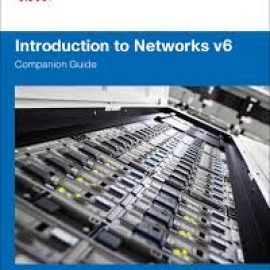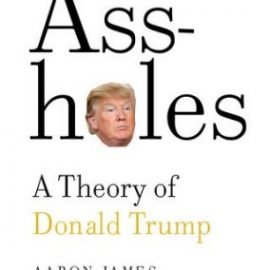Description
Moving Millions
* Kaye, a special correspondent for PBS, writes that the American approach to immigration isn’t working and suggests ways to change course.
He uses the term “”coyote capitalism,”” a system of interlocking, dependent relationships, to describe how unauthorized Mexican labor recruiters trade in human cargo and influence migration.
He examines how coyotes and various other businesses encourage, support, and benefit from both legal and illegal migration—and how globalization has made it increasingly profitable to do so.
He also looks at American economic and trade policies that encourage rather than hinder migration.
Kaye provides an insightful glimpse into recruitment agencies and their impact, and offers an astute study of the effects of politics, influence, and alliances on immigration. While a dense read, the book is well worth the effort.
Kaye makes a convincing argument and offers, for many readers, a completely new perspective. (Apr.) (Publishers Weekly, February 22, 2010)
Years ago, when Jeffrey Kaye and I were both contributors to New West magazine, I happened to interview a Chicano activist who observed that Southern California is
to the Mexican people what Israel is to the Jewish people — a homeland to which they enjoy a right of return.
It was (and is) an illuminating and intentionally provocative notion, especially if we recall that the Jewish men, women and children who reached Palestine through the human smuggling operation called the Aliyah Bet were, strictly speaking, illegal aliens.
These observations came to mind as I read Kaye’s timely and compelling new book, “Moving Millions: How Coyote Capitalism Fuels Global Immigration” (Wiley, $27.95). Kaye, perhaps best-known to readers as a longtime correspondent on “PBS NewsHour,” conducted his research around the world, but the book is a uniquely American take on the immigrant experience.
At a moment in history when we are debating the newly enacted “Papers, please” immigration law in Arizona, Kaye reminds us that he is among the 40 percent of all residents of Los Angeles who were born elsewhere.
His family journeyed from Russian-occupied Poland to England to the United States, seeking safety and opportunity and liberty, and he points out that his own origins are a reflection of the “mega-issues” that he studies in “Moving Millions.” “I need to acknowledge not only migrant ancestors and contemporary influences, but Alexander III Alexandrovich and Maurice Harold Macmillan, respectively the Tsar of Russia (1881-1894) and the Prime Minister of the United Kingdom (1957-1963),” he writes. “If it were not for them, I would not be where I am today. Their policies and actions propelled my family to cross continents and oceans.”
Kaye points out that movement is a basic and enduring fact of human existence. “Humans are a migratory species,” he writes. “To escape problems and to seek out fresh prospects, we’ve been in the process of ‘globalization’ for as many as a hundred thousand years, ever since our ancestral wanderers ventured out of East Africa.” But it’s also true that the process is accelerating: “The world is experiencing an exodus on a scale never before seen.”
As we have seen in the coverage of the new Arizona law, Americans tend to focus on the legal status of the men, women and children who cross our borders. If they have papers, they are welcomed; if not, they are excluded. (The same cruel logic, of course, was used by the British authorities in Palestine to send refugees back to Europe.) But Kaye argues that “the legal arguments mask a convenient historical amnesia and obscure more fundamental issues.”
The factors that prompt and direct our migratory impulses, as Kaye points out, are complex and deep-rooted. In “Moving Milli.
Moving Millions
For more books, click here

 العربية
العربية  English
English 



